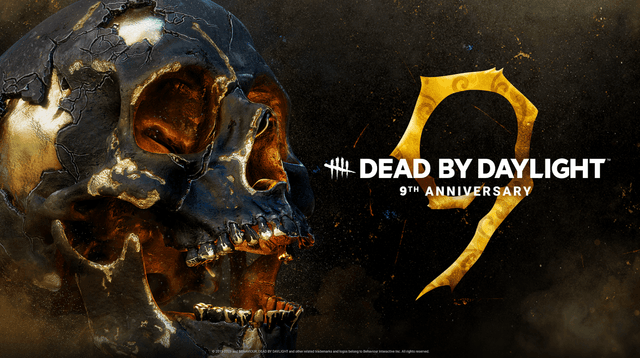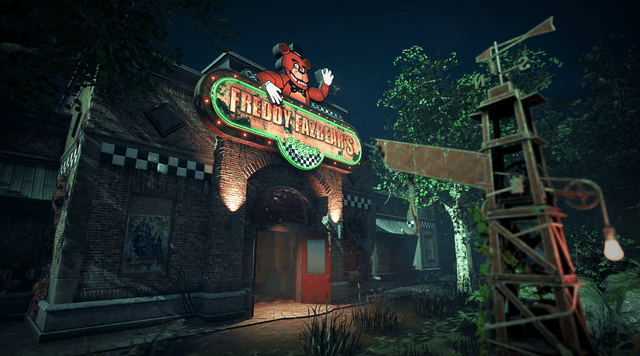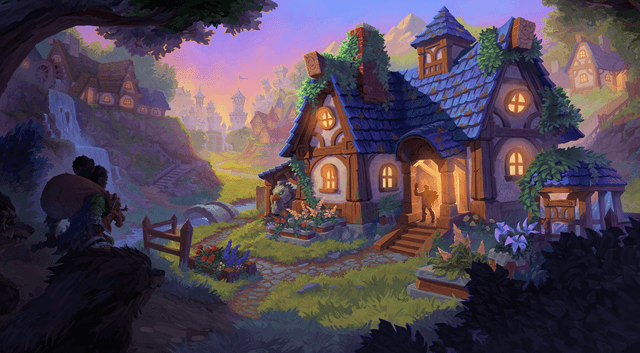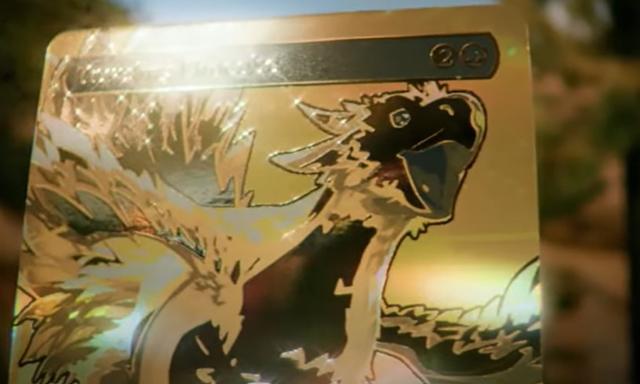If you click on a link and make a purchase we may receive a small commission. Read our editorial policy.
Affinity for complexity: A Wizards of the Coast executive revealed how they gauge how complex (or how simple) to make a Magic: The Gathering set like Final Fantasy
The Complexity Dial isn't a new card in Magic: The Gathering - it's an internal mechanic Wizards of the Coast uses to make the best product for fans.

Popverse's top stories
- DC Comics revamps Teen Titans with Red Hood leading a new generation of heroes
- Why anime can't resist the allure of the isekai
- If you’re starting Daredevil, here’s why Born Again matters
How complex should a game be? That's a question asked inside the offices of game studios around the world, be it for board games, video games, and tabletop games such as Magic: The Gathering. Earlier this weekend at Boston's PAX East 2025, one of Wizards of the Coast's key figures in the development of the upcoming Magic: The Gathering - Final Fantasy set revealed how the company internally evaluates and decides how complex (and how simple) an upcoming set should be, and also how complex they think fans of Final Fantasy can take in and appreciate.

"For the Universes Beyond program, one of my favorite things is we get to tailor each set based on the IP and audience we're working with," said Zakeel Gordon, the executive producer and product architect of the MTG - FF set, during a panel here at PAX East 2025 in Boston. "So our language to you as Magic players and for Final Fantasy fans is through the lens of design."
Gordon then revealed that Wizards of the Coast has an internal system to gauge the complexity of a given card and set within Magic: The Gathering, and he said the measurement for the MTG - FF set is off the scale, because fans of the two franchises have a lot more in common than fans of other IPs in previous MTG Universes Beyond sets.
"Internally, we have this thing called a Complexity Dial that kind of goes from one to five, with one being our intro level products, and five being our more complex products like a Horizons set," Gordon revealed. "Magic: The Gathering - Final Fantasy is a little bit higher on that dial specifically because you all, as video game players and specifically RPG fans, already innately understand a lot of aspects of game development."
Gordon points to shared concepts between Magic: The Gathering's game system and Final Fantasy's game system, such as health, mana, damage, and party configuration, as well as "the differences between a Glass Cannon versus a tank."

"So, internally, we just really had the rule of cool to make sure we made the best versions of each character," said Gordon. "We went through Magic's archive to bring back all of the most awesome mechanics that pay of all of your favorite moments."
Gordon added that the 'Affinity for Birds' mechanic in the upcoming MTG - FF card Bartz and Boko is one result of this return to the archives. The 'Affinity' mechanic was introduced in 2003, but was mothballed for 20 years due to a poor reception before being clarified and re-introduced in 2023.
Wizards of the Coast's head designer for all things Magic: The Gathering, Mark Rosewater, has written about the levels of complexity within the game in the past. In a 2014 article for the Wizards' website, Rosewater broke down three types of complexity he sees in Magic: Comprehension Complexity, Board Complexity, and Strategic Complexity.
"Often, when I talk about making the game more accessible to beginning players, the focus is on simplification. Today's article is trying to demonstrate that it's much more complicated than that," writes Rosewater in 2014. "Sometimes, it's not about removing the complexity, but hiding it. Sometimes, it's about finding a way to create a simple card to allow options for those looking to find them. Sometimes, it's viewing each card through various lenses to see how different players will perceive it."
Several years ago, a group of researchers used a mathematical model known as a Turing machine to measure the computational complexity of the game. What they found, as shown in their paper on the subject published in 2019, was that "Magic: The Gathering is the most computationally complex real-world game known in the literature." Using their methodology, they were unable to find a non-computable way to guarantee "optimal strategy play" and that even "evaluating the deterministic consequences of past moves in Magic is non-computable."
I, too, have spent too much time revisiting past moves in games of MTG I've played, and sometimes I can't figure it out either.
Magic: The Gathering - Final Fantasy for MTG Arena will be available for Arena pre-order on May 10, with the physical cards (and decks) having a global in-store pre-release on June 6. The general global release of MTG - Final Fantasy will follow on June 10.
About PAX East 2025
PAX East is a celebration of gaming and gaming culture featuring thought-provoking panels, a massive expo hall filled with the best publishers and studios, new game demos, musical performances, tournaments, and a community experience unlike any other. No matter your preferred genre or platform, if you love games, welcome home.
Dates
-
Location
Boston
Follow Popverse for upcoming event coverage and news
Find out how we conduct our review by reading our review policy
Let Popverse be your tour guide through the wilderness of pop culture
Sign in and let us help you find your new favorite thing.
















Comments
Want to join the discussion? Please activate your account first.
Visit Reedpop ID if you need to resend the confirmation email.